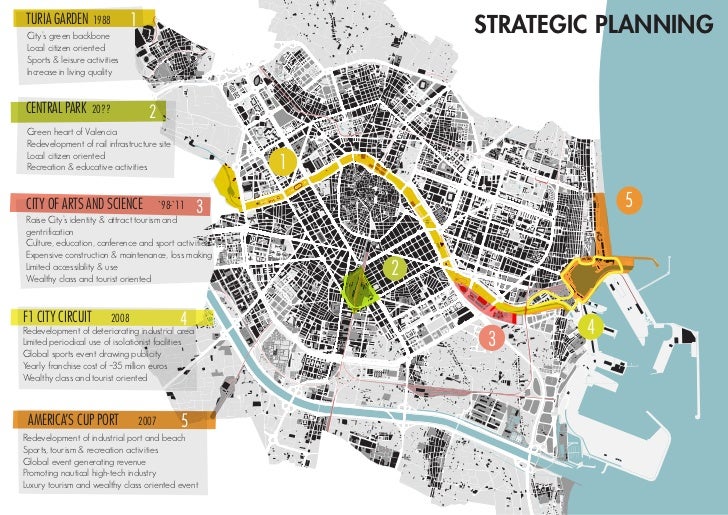



With industry and construction accounting for 25 per cent of Germany’s gross domestic product, there is much at stake.īusiness has to act, Dauke says. Things aren’t going fast enough,” Dauke warned, noting money to invest in infrastructure is not the problem.

To encourage German companies to drive common standards, the government has established the Industry 4.0 platform at the Ministry for Economics and Energy, to promote dialogue and collaboration among industry, government and other stakeholders. The notion of being at the leading edge of digital innovation breaks with more than a century of industrial tradition, in which Germany focused on quality and perfection over speed to market, Dauke says. “Will it be only Silicon Valley that understands it? Or will it be the Chinese?” he asked. “It’s very important we understand the language machines are speaking and help define the standards,” said Dauke. Germany’s digital agenda for 2014 - 2017 aims to fill the gaps in its high-speed communications infrastructure, drive IT innovation and improve Internet security, paving the way for a rapid digitalisation of industry and society. The concept refers to extending the communications capabilities of the Internet beyond computers and smart phones, to connect up devices and systems with embedded intelligence, enabling smart services and products, such as driverless cars and advanced manufacturing. German Chancellor Angela Merkel recently called on industry to close the digital gap between Germany and the rest of Europe, and take the lead in defining the technologies and software and language behind the Internet of Things. 1,” Dauke told Science|Business, in an interview at his office in Berlin. “The only way we can retain our export strength is to be No. Germany’s new digital agenda is a wake-up call for its industry elite. 1 country in Europe in digital infrastructure, research and development,” says Detlef Dauke, Director of Innovation and Information Technologies at the Federal Ministry for Economics and Energy. To maintain its position as the world’s top exporter of high value engineered goods, the country is driving to be the leader in the digital innovations that will underpin this manufacturing revolution, through its Industry 4.0 programme. Digital technologies will radically transform global manufacturing in the coming decade, putting Germany’s vaunted industrial competitiveness at risk.


 0 kommentar(er)
0 kommentar(er)
